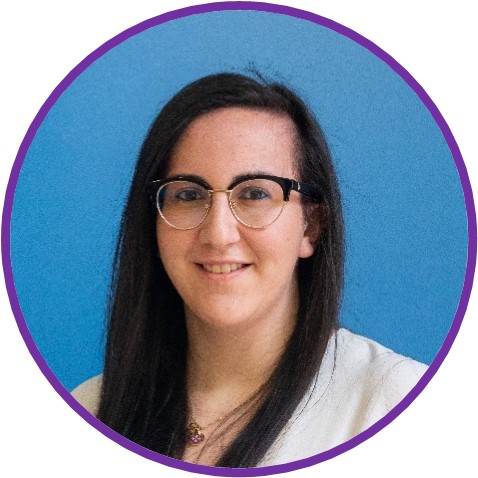The digital versions of Malta’s Laws may be available to the public, but their limited searchability makes them a hard set of documents to go through. Now, a Master’s in Computer Information Systems thesis by DESIREE BEZZINA is looking to change that for good.

One of the great benefits of the digital age is that information can be made available and accessible to everyone at all times. Nevertheless, information that is not easily searchable hinders people from making the most of it. That is indeed one of the problems with the current digital version of Malta’s Law both in Maltese and in English.
“Let’s take Malta’s drug laws as an example,” Desiree says. “Currently, anyone looking up drug-related laws in Malta’s legislation would need to know which specific Codes drugs are mentioned in. Then, they would need to access them individually and search for these laws using exact text matches as they would be found in the corpus of the legislation. But that also means that a person would need to know that there is more than one law relating to drug use in the different Chapters of the different Codes and Acts in Malta’s legislation.
“Professionals may of course know this, but the law is made for citizens so it should be understandable and searchable by citizens, too. Even so, with laws continually being changed and updated, making Malta’s legislation easier to search should also help lawyers, notaries, and other professionals in their work by default.”
In order to turn this idea into reality, Desiree started by looking at existing ontologies, which basically offer a vocabulary of domain-terms that standardises the meaning of concepts. So, as in our example, searching for ‘drug laws’ would bring up any laws related to drug control in Malta regardless of where they are listed or how they are described in the text (i.e. legal or otherwise).
“Sadly, though, there are only a few legal ontologies in the world and none of them are in Maltese, so the English version of Malta’s Code was used for this project. Moreover, when we tried to use the two main ontologies in this area – the Core Legal Ontology and the LKIF-Core Ontology – on Malta’s Civil Code, the former resulted in a coverage of just 4.5 per cent of the whole Code, while the latter covered 9.1 per cent. In other words, neither of these ontologies offered wide-enough coverage of the English version of Malta’s legislation.”
To get around this, Desiree looked to extend the concept coverage of the LKIF-Core Ontology by using Sweet & Maxwell’s legal taxonomy. This method basically saw her employ knowledge engineering to extend the ontology’s controlled vocabulary related to Malta’s laws, a process that required her to build a semantic network using Natural Language Processing techniques.
“Basically, we are making concepts and words relate to each other so that they become searchable by reasoning rather than just by exact text matches. In order to do this, I had to look at how terms were being used in Malta’s Civil Code. Some terms, like ‘Code of Conduct’, have to be looked at as one term or concept because we don’t want the system to bring up every sentence where the words ‘code’ or ‘conduct’ are mentioned unless they are directly related to what the person is searching for.
Desiree’s work has seen the extended LKIF-Core Ontology’s coverage go up to 42.8 per cent of Malta’s Civil Code, which means that the ontology can now find almost five times more concepts than before. This, in turn, shows that the method provides a tangible benefit. Moreover, the fact that part of the thesis involved the creation of a website where the Civil Code can easily be searched, means that the stage is set for a platform that could, in the future, be accessible to the public.

“The website is only available to examiners and a few other people for the time being, but I do hope that in the near future, this technology will be extended to cover the entirety of Malta’s Legislation and be made accessible to everyone,” Desiree concludes.

